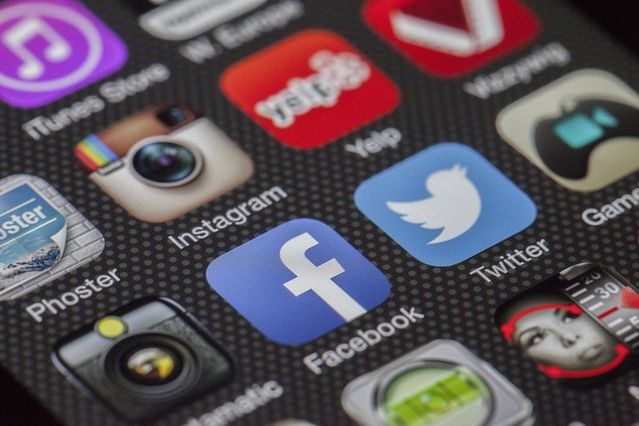Relationships
Social Media and Relationships
Potential problems when you rely on technology to maintain human relationships
Posted February 11, 2019

We live in a digital world. We are constantly plugged in, checking our smart devices, and accessing social networks to communicate with others. Our entire lives can be managed with apps, from using supermarket and shopping apps, to hiring contractors and handypeople. We can even get a bottle of wine delivered to our front door in a pinch.
While technology can help us manage our lives, there are also drawbacks, especially when it comes to human interaction. It is important to discuss how social media can affect the quality of our relationships.
Below I will point out two major issues that result from social media use. While the studies highlighted focus on Facebook, the principles can certainly apply to other social media platforms.
Miscommunication
One major issue that results from social media use is the potential for miscommunication. Fox and Warber (2013) conducted a study with 403 university students who filled out surveys regarding their experiences with Facebook and relationships. The researchers found that going “Facebook official” implied something different to men and women. Specifically, women believed that updating a relationship status and going “Facebook official” conveyed commitment to a greater extent than men did. Women believed that this act implied that the relationship was exclusive and that it indicated long-term stability. This demonstrates that the same label (being in a relationship), may convey a different meaning to different people.
So what is a solution to this potential problem? It is important to have a discussion with your partner about what being in a relationship actually means to him/her. Don’t rely on cues obtained from your partner’s social media use. Instead, be direct with him/her when defining the relationship and discussing whether or not you are committed to one another. In addition, don’t take offense if your partner’s status isn’t updated to note that he/she is in a relationship as long as he/she makes it clear to others that you are together. The way he/she treats you in real life is much more important than his/her digital status.
Jealousy Provocation
Another potential problem is how social media use may change our own behaviors. Research by Gershon (2011) showed that college students believed that Facebook was harmful to their romantic relationships and many chose to deactivate their accounts. She noted that many of the students she interviewed believed that this particular form of social media turned them into people they did not want to be. Specifically, they became anxious and jealous. They also felt the need to constantly monitor their partners.
To address this potential issue, it is important to be introspective. Check in with yourself during your relationship as self-care is just as important as caring for your partner. If you feel that your behaviors are uncharacteristic of you, you should do something to modify them. In many cases, it may be taking a social media break and having an honest discussion with your partner about your feelings.
Conclusion
Despite the important role that technology plays in our lives, it is important to separate ourselves from it to be present in our relationships and to preserve our mental well-being. So, put down the phone and enjoy the time spent with your partner.
References
Fox, J., & Warber, K. M. (2013). Romantic relationship development in the age of Facebook: An exploratory study of emerging adults' perceptions, motives, and behaviors. Cyberpsychology, Behavior, and Social Networking, 16(1), 3-7.
Gershon, I. (2011). Un-friend my heart: Facebook, promiscuity, and heartbreak in a neoliberal age. Anthropological Quarterly, 84(4), 865-894.


